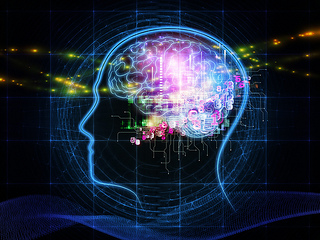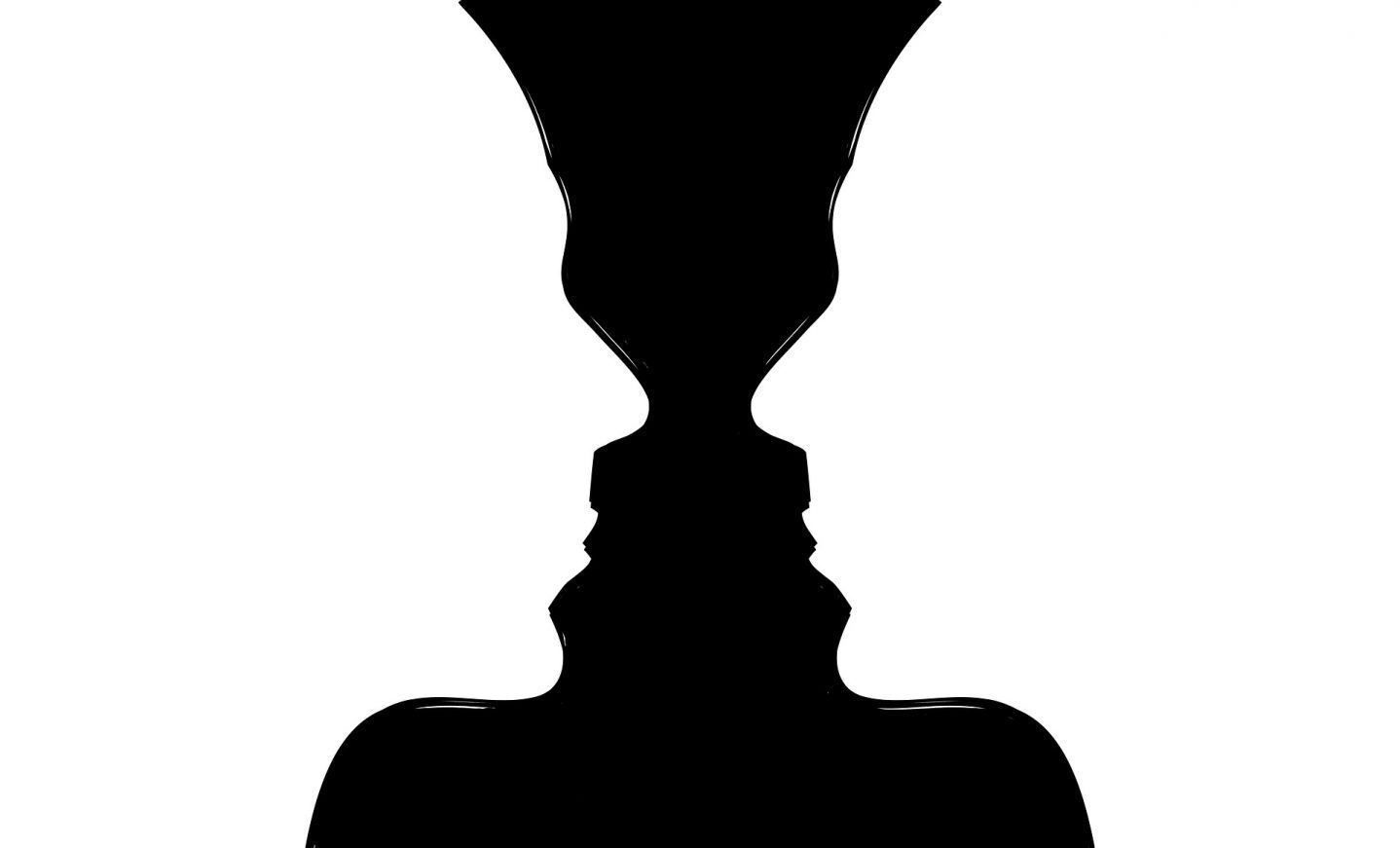
Often, logic and reason are championed as only supportive of the atheistic worldview and condemning of Christianity or any other perspective. Thankfully, there are many intelligent men and women who recognize that this is not the case. In fact, somewhat ironically, logic and reason cannot be relied upon to support an atheistic worldview.
See, to say that no higher power exists means that everything we value and believe is merely the result of natural selection, an unguided, unintelligent process by which certain traits become more or less common depending on how helpful they are to furthering the human race (or other organisms). In other words, what we value and believe are helpful to our preservation, but they are not necessarily actually true or even real. This includes morality, which we have already discussed in a previous post, human rights and dignity, and reason. The implications of this belief are quite significant and important to recognize. If there is no God and therefore no originator or standard of such things, then morality, human rights and reason are all human constructs which aid our evolution, but do not actually objectively exist or make objective sense. They are dependent on us, not independent of us. And this is, of course, the way it must be. To believe that morality or reason are real things is to admit that they exist immaterially. And in an atheistic worldview, there can be nothing which is not material.*
The difference this makes is incredible. If indeed these things are dependent on us, then we live with an imagined sense of right and wrong, which functions well within human society, but is not in fact real. Human rights are a nice idea, but humans do not actually have any more value or dignity than a rock. And key to this discussion, human reason allows us to further ourselves evolutionarily, but nothing we say or think actually means anything.
Read that last statement again. And then, if you are an atheist, forget about it. Because there is no point in reading or understanding it since there is no way to determine whether it is true, or false. If there is no reason to believe that reason is an objectively functioning, independent thing, then there is no reason to engage in reason. The apparent functionality of logical thought does not prove that it corresponds to truth just as the apparent functionality of a video game does not prove that it corresponds to reality. As a result, using logic and reason to argue against theism is akin to using true statements to prove that there is no truth. It is a self-defeating argument. The former cannot be relied upon without the latter. Reason, in an atheistic world, is unreasonable.
So…now what? Nothing I’m writing means anything. And nothing you could say to it means anything either. No rational argument can be confirmed or denied (or even called rational).
Unless there is a source of reason.
The question, then, is what would that source of reason be like? A source of reason independent of humanity would, of course, have to itself be able to reason. In order to reason, it must itself have or else be a mind. In order to be the original source of reason, it must exist apart from the physical universe since the physical universe began at a specific point in time and reason is not material. Logic appears quite consistent indeed with the existence of God.
Do you believe in logic and reason? Then, I humbly suggest, your belief is most at home alongside another one: belief in God.
What do you think?
*You may argue that morality and reason are caused by material processes within the human brain and body. However, the principle of identity states that the thing itself is not the same as its cause. In other words, morality and reason may indeed be caused by material processes, but this does not in any way mean that morality and reason are equivalent to the processes which cause them. This would be like saying that this article is myself typing at a keyboard, when in fact one was produced by the other and they are two very distinct things. An interesting sidenote is that the existence of immaterial mental conscious states implies that we as human beings are distinct from our physical bodies. This principle has been used to argue for the existence of the human soul. Regardless, we have no reason to trust in morality or reason without an independent standard by which to compare them.
"*" indicates required fields





